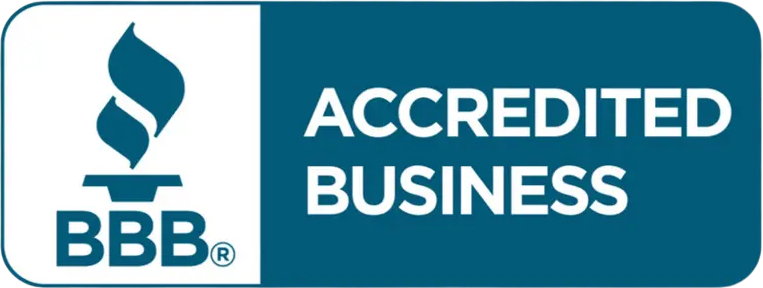BLOG
CONTACT INFORMATION
Address: 5304 Panola Industrial Blvd., Ste. O, Decatur GA 30035
Phone: (888) 818-7219
Working Hours:
- Mon - Fri
- -
- Saturday
- -
- Sunday
- Closed
About Us
With over 75 years of combined industry experience, Advantage Tax Services, Inc. has helped many tax payers avoid the sometimes harsh collection tactics used by the IRS to collect back taxes.
Certification
Committed to helping our clients succeed
Request Your Free Tax Debt Consultation
Footer - Form
Thank you for contacting us.
We will get back to you as soon as possible.
We will get back to you as soon as possible.
Oops, there was an error sending your message.
Please try again later.
Please try again later.












